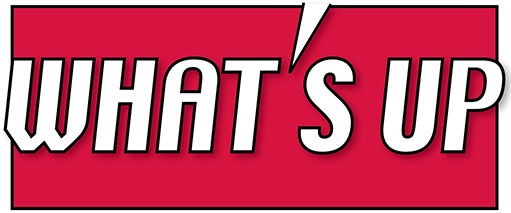
How did luxury goods factories switch to making life-saving products within weeks? ZACHARY JOHN explains.
COVID-19 has changed life for people everywhere. People are adjusting to new norms like social distancing, routine temperature checks and washing our hands more regularly. Businesses around the world are facing big changes too. Some companies have been forced to close, while some are allowing employees to work from home.
A few companies around the world have taken their response to the virus in an unexpected direction. These companies repurposed their factories to manufacture goods or equipment that can help the fight against COVID-19.
LVMH is the biggest luxury company in the world. It is a French multinational conglomerate that owns Louis Vuitton, Singaporean restaurant chain Crystal Jade, and many other high-end brands. Last month, when the French government warned that hospitals in Paris might face hand sanitiser shortages, LVMH converted their perfume production lines to produce hand sanitiser. These are the same factories that produce perfume for some of the world’s biggest names, such as Christian Dior, Guerlain, and Givenchy.

LVMH factories started producing hand sanitiser within just 72 hours of the French government’s call for help. In its first week of production, LVMH’s first-ever hand sanitiser factory produced 12 tonnes of it, which was donated to 39 hospitals in Paris. Another cosmetics company, L’Oreal, also started making hand sanitiser and donated millions of units to nursing homes and hospitals in France.
LVMH’s Secretary General, Marc-Antoine Jamet, told Bloomberg that the fast transition from perfume to pharmaceuticals was possible because hand sanitiser and perfume are chemically similar. He went as far as to say, “It’s nearly the same recipe sometimes.” Hand sanitiser is mostly made up of purified water, alcohol, and glycerine — the main components of perfume. Hand sanitiser also has a consistency similar to that of soap gels sold by some LVMH brands. This meant LVMH factories already had the necessary ingredients, the machines that pump and bottle gels, as well as the plastic bottles and caps used to contain hand sanitiser. This made switching from making perfume or soap to hand sanitiser a straightforward process.
New roles during crisis
In late January, while the Chinese government was scrambling to respond to the COVID-19 outbreak, electric car manufacturer BYD decided to start making face masks and disinfectants. BYD’s President, Wang Chuanfu, created a task-force made up of 3,000 engineers to start work on producing face masks. In just two weeks, the task-force completed two months’ worth of work, which included designing and building 100 new mask production lines from scratch.
BYD’s newly designed machines each consist of more than 1,000 small parts, including gears, chains, and rollers. BYD’s huge manufacturing infrastructure meant they already had 90 percent of the parts needed to build the new mask production lines in-house. By the middle of March, BYD had become the world’s biggest manufacturer of masks, with a team of 100 staff working around the clock to produce five million masks per day.

Meanwhile, in the US, car makers were forced to shut down their factories to protect their workers from COVID-19. The US is facing a nationwide shortage of ventilators in hospitals, which leaves many critically ill patients without access to life saving equipment. Automobile industry giants General Motors and Ford have started producing ventilators — devices that help people to breathe — to try and save more American lives.
General Motors cleared out an idle factory to make room for a new ventilator production line. They are designing it together with Ventec, a medical supplies company. Ventec already makes ventilators, producing 200 a month. It is estimated, however, that New York state alone requires about 30,000 new ventilators — so much more needs to be done. White House officials hope that with General Motors joining forces with Ventec, the combined resources of both companies will lead to an increase in production to at least 2,000 units a month by the end of April.
We sometimes think that progress in science and technology is just about faster internet, longer battery life or newer phones. Now we know that creative use of technology can achieve so much more. Car makers are easily making ventilators, perfume factories are producing medical-grade hand sanitiser, and electric car companies have become the biggest mask manufacturers in the world — in just a matter of weeks.
VOCAB BUILDER
conglomerate (say “kon-glo-me-rayt”; noun) = a large corporation
in-house (say “in-haus”; adjective) = within an organisation.
pharmaceuticals (say “far-me-siu-ti-kels”; noun) = medicinal drugs.
